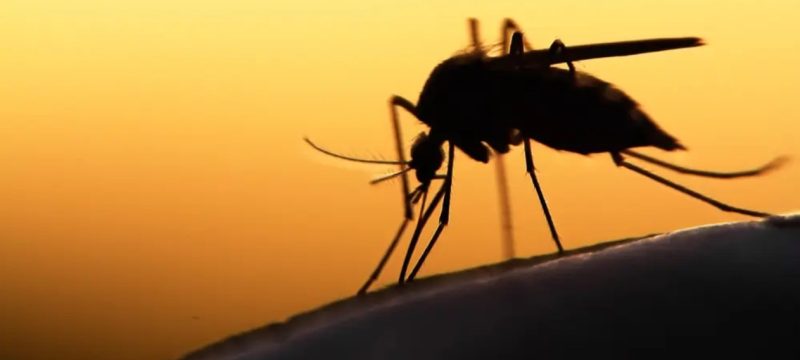Sindh is currently grappling with a sharp rise in malaria cases, with over 100,000 new infections reported in just the past week. According to data from the National Institute of Health (NIH), a total of 106,684 malaria cases have been confirmed across the province, raising concerns about the growing public health threat.
Larkana has emerged as the most affected district, registering 11,588 cases, followed closely by Khairpur, which reported 10,681 cases. Several other districts are also seeing substantial increases in infections, with Qamar recording 7,998 cases, Mirpurkhas confirming 7,230, and Dadu reporting 6,045 cases. Badin, Sanghar, and Tharparkar reported 5,948, 5,703, and 5,126 cases, respectively, while Tando Allahyar recorded 4,809 cases. Sukkur and Naushehro Feroze saw 4,673 and 4,590 cases, respectively. Other districts, such as Shikarpur and Umerkot, reported 3,970 and 3,546 cases.
Karachi, in comparison, has seen a smaller outbreak, with 779 malaria cases confirmed within the last week. District West recorded the highest number of cases in the city, with 155 infections, followed by District East with 135 cases. Other areas, including Korangi, District South, and Kemari, saw lower case numbers, reporting 82, 52, and six cases, respectively.
Read More: Increase in Child Deaths due to Malaria Raises Alarm in Sindh
In Khyber Pakhtunkhwa (KP), the situation is also concerning, as the province reported over 54,000 malaria cases in the past nine months. Khyber district remains the hardest hit, with 10,000 infections, followed by Shangla with 6,000 cases and Battagram with 3,000. Other affected districts include Dera Ismail Khan, with 4,000 cases, and Tank and Karak, each reporting 2,000 cases. Lakki Marwat also saw a rise in malaria cases, reporting 3,000 infections this year.
This alarming spike in malaria cases across Sindh and KP highlights the urgent need for strengthened public health measures and malaria control initiatives.









